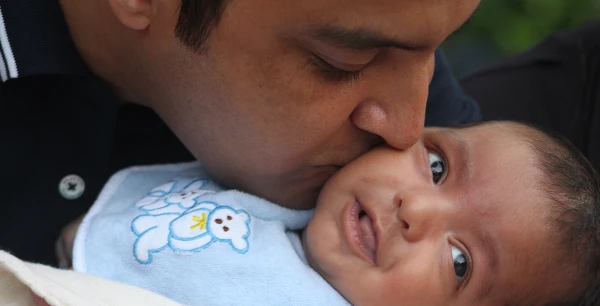Sleep has always fascinated me. There are thousands of sleep studies, and while we are constantly learning new and amazing things about the benefits of sleep, much about sleep remains illusive and still requires more study. That’s why when a new study comes out that links sleep to an important cognitive function, I get really excited. In a recent study, scientists at the University of Rochester found that there is a link between deep sleep and our brain’s ability to flush toxic waste out of our systems.
Deep Sleep Helps Clear Toxins

If you’re like me, you’ll stop for a minute when you see “toxic waste” and think. And yes, your body really does produce a whole lot of waste during the day. Some of what gets cleaned out is actually a protein that can be found in clumps in the brains of Alzheimer’s patients. Scientists state that staying up too late actually prevents your brain from doing it’s nightly cleaning. This is a pretty amazing find, especially when you consider that some degenerative diseases, such as Parkinson’s, are caused by a build up of waste in the brain.
Good Sleep Habits are Learned
You may be thinking “that’s all well and good…but what does this have to do with me?” The fact is, it has a lot to do with you. As parents, it’s up to us to teach our children good sleep habits, both through sleep coaching when they are younger and leading by example as they grow.
 While I know that it can be a challenge to get your children to sleep at a reasonable hour, I believe that we must try. This is where sleep coaching becomes incredibly important. Sleep coaching (once your baby is over 6 months) can help to build a lifetime of healthy sleep habits, which leads to better concentration, better behavior, and better waste disposal, from your baby’s very first year.
While I know that it can be a challenge to get your children to sleep at a reasonable hour, I believe that we must try. This is where sleep coaching becomes incredibly important. Sleep coaching (once your baby is over 6 months) can help to build a lifetime of healthy sleep habits, which leads to better concentration, better behavior, and better waste disposal, from your baby’s very first year.
Think about how you feel when you’re lacking sleep. Most likely, you’re foggy, disoriented, and cranky. I know parents who complain of migraine headaches on the days that they get less than a minimum of 5 hours of uninterrupted sleep. If a lack of sleep has these effects on you, imagine being unable to communicate except through cries and frustrated gestures. It is so important that we teach our children how to sleep well right from the start.
Lead by Example
When you lead by example with sleep, you are not only coaching your children, but you are also showing them that sleep is important. This can be as simple as waking up “early” (most children’s circadian rhythms naturally wake them up between 6-7:00 a.m.), or making sure that you get them ready for bed, no matter what and have lights out by 7:30 or 8:00 p.m. It’s so important that in addition to an early enough bedtime, we make sleep a priority for ourselves and our children.
Remember, the habits that we build when they are small, especially good sleep habits, will follow our children into adolescence and adulthood. If you haven’t begun to sleep coach, or if you aren’t sure where to start, Good Night, Sleep Tight is a great resource that is divided by age so that you can start with an age-appropriate approach.
How much sleep do you get every night? Be sure to share your thoughts on our Facebook Page!


